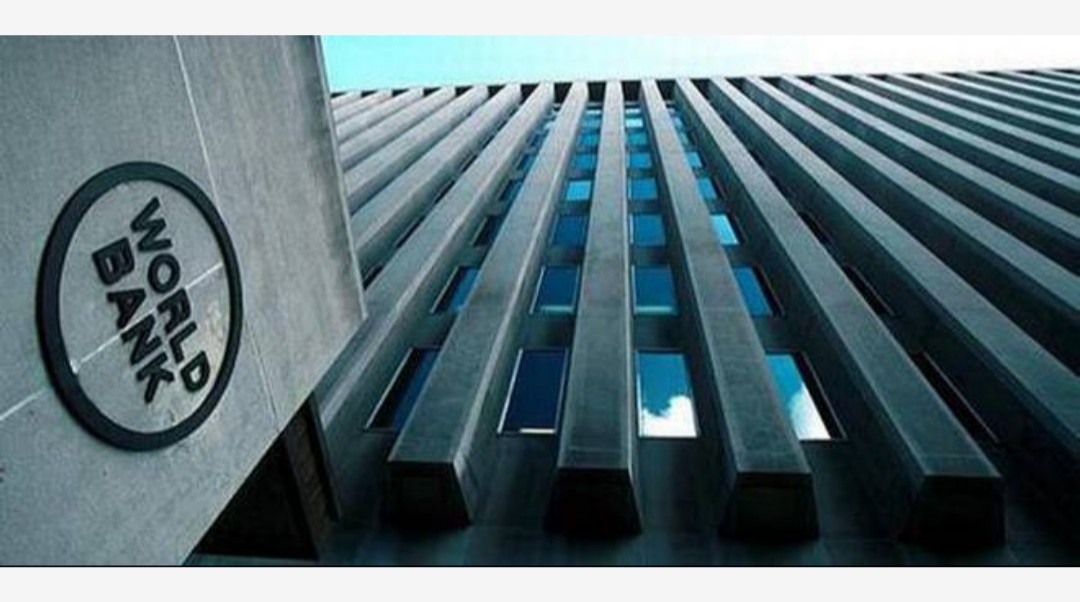The money will also be used for reforms in social security net, making it more integrated, portable and focussed on urban poor.
The Government of India is getting another $1 billion loan from the World Bank to support its COVID-19 relief measures and financial assistance for the poorest and most vulnerable communities. The money will also be used for reforms in social security net, making it more integrated, portable and focussed on the urban poor.
The loan was approved by the World Bank’s Board of Executive Directors on Thursday, an official statement said.
Last loan
Last month, the bank approved a $1 billion loan to support the health sector.
The new support will be funded in two phases. An allocation of $750 million — more than ₹5,600 crore — will be made immediately to help fund the Pradhan Mantri Garib Kalyan Yojana, which the Centre announced in March to scale up cash transfers and free food grain distribution to vulnerable communities, pensioners and poor workers, and provide insurance support to health workers.
The second phase will provide $250 million — almost ₹1,900 crore — post July, which will fund additional cash and in-kind benefits based on local needs through the State governments and portable social protection delivery systems.
World Bank’s India director Junaid Ahmad said, “The COVID-19 pandemic has also put the spotlight on some of the gaps in the existing social protection systems. This programme will support the Government of India’s efforts towards a more consolidated delivery platform – accessible to both rural and urban populations across state boundaries.”
The loan would help India move from more than 460 fragmented social protection schemes to an integrated system, which would be faster, more flexible and also acknowledge the diversity of needs across states, said the bank. Geographic portability would be introduced to ensure that social protection benefits could be accessed from anywhere in the country, providing relief to inter-State migrant workers. There would also be a shift from the current rural focus of social protection schemes to include the needs of the urban poor as well.
Mr. Ahmad said, “The platform draws on the country’s existing architecture of safety nets – the PDS, the digital and banking infrastructure, and Aadhaar – while positioning the overall social protection system for the needs of a 21st century India. Importantly, such a system will need to leverage India’s federalism enabling and supporting the States to respond quickly and effectively in their context.”
With inputs from The Hindu

